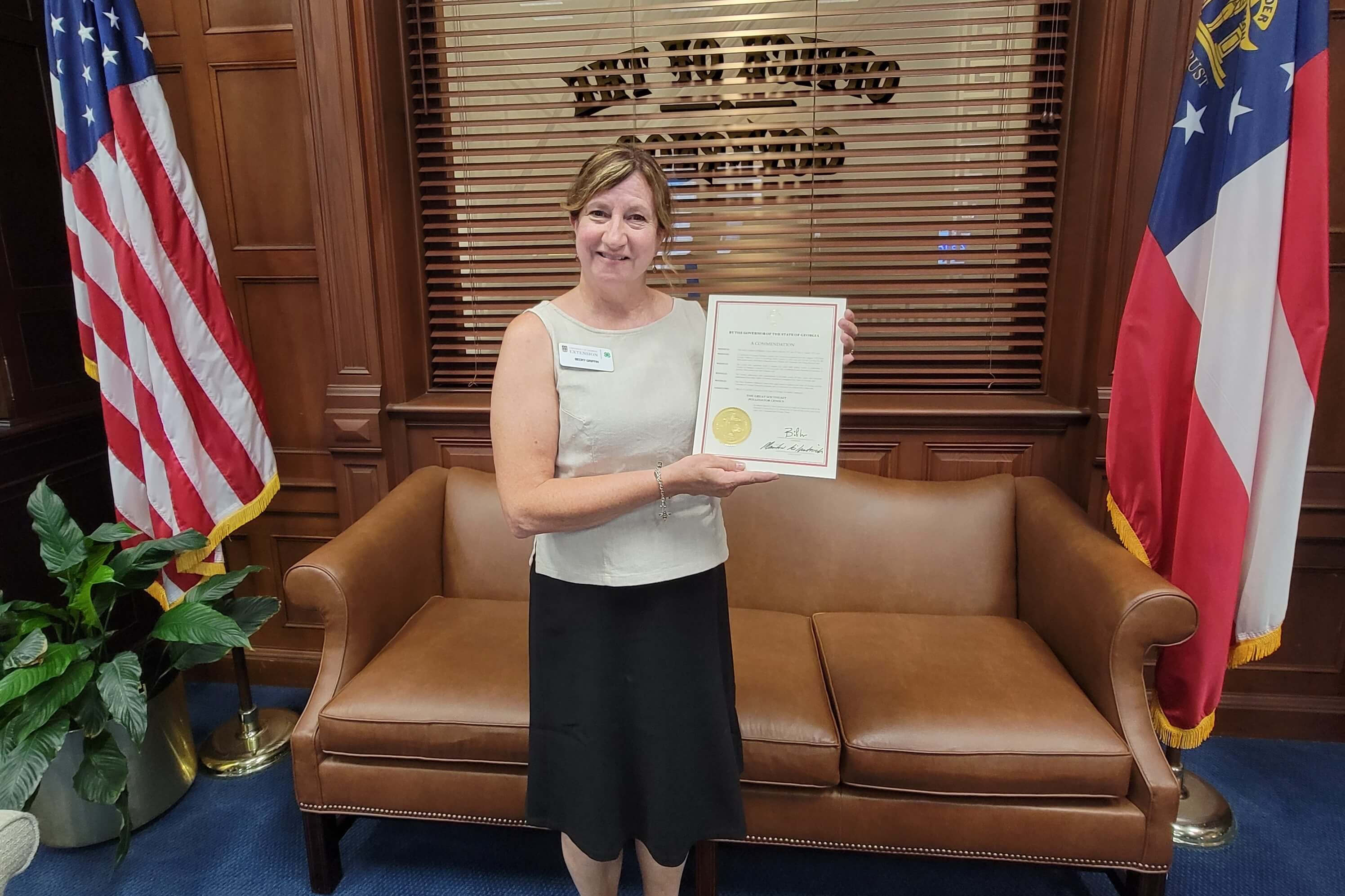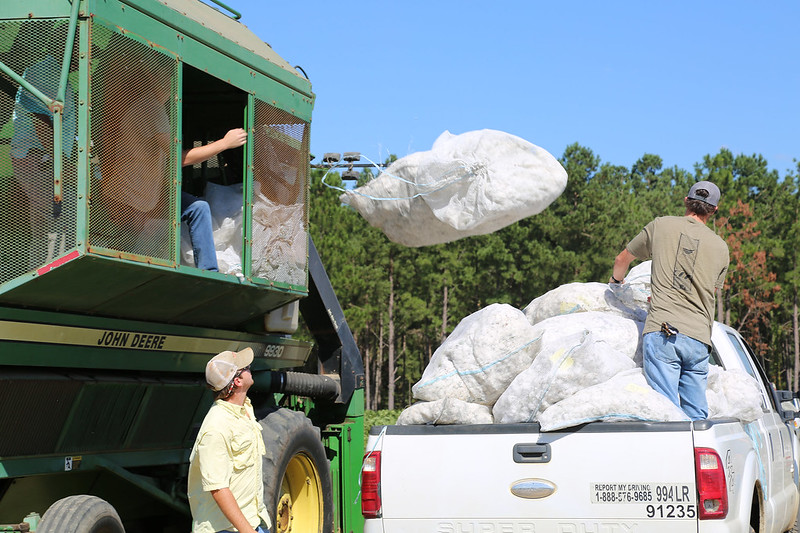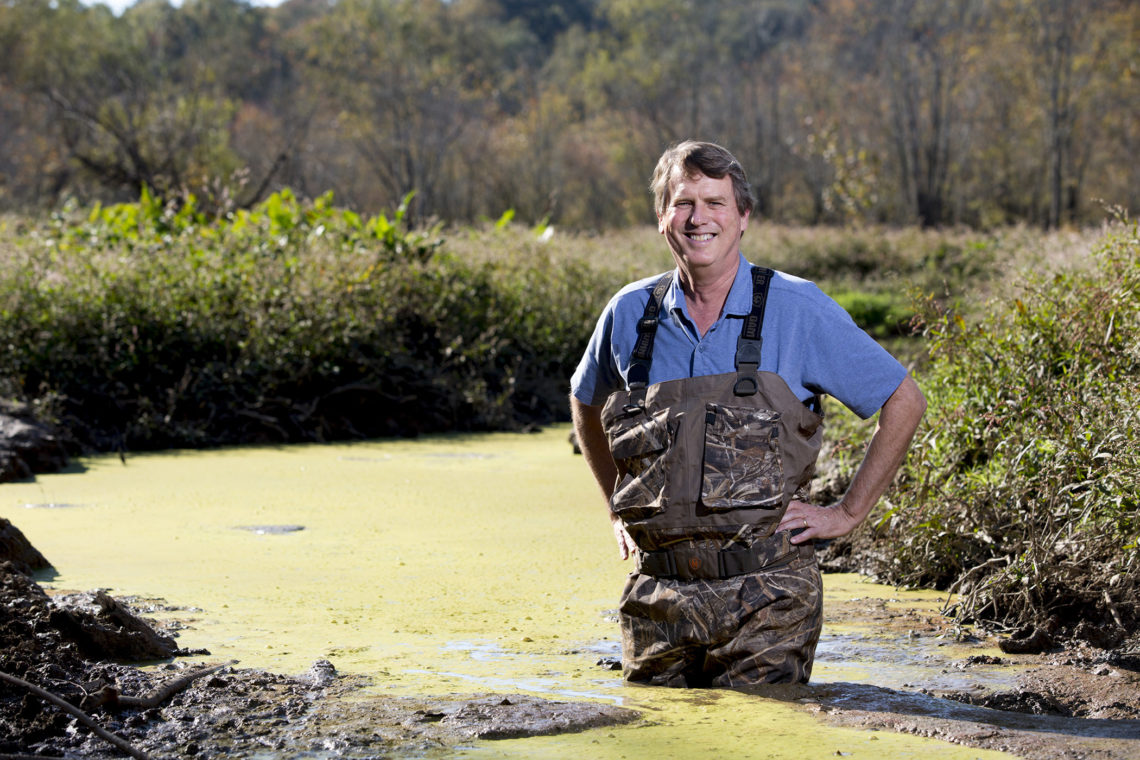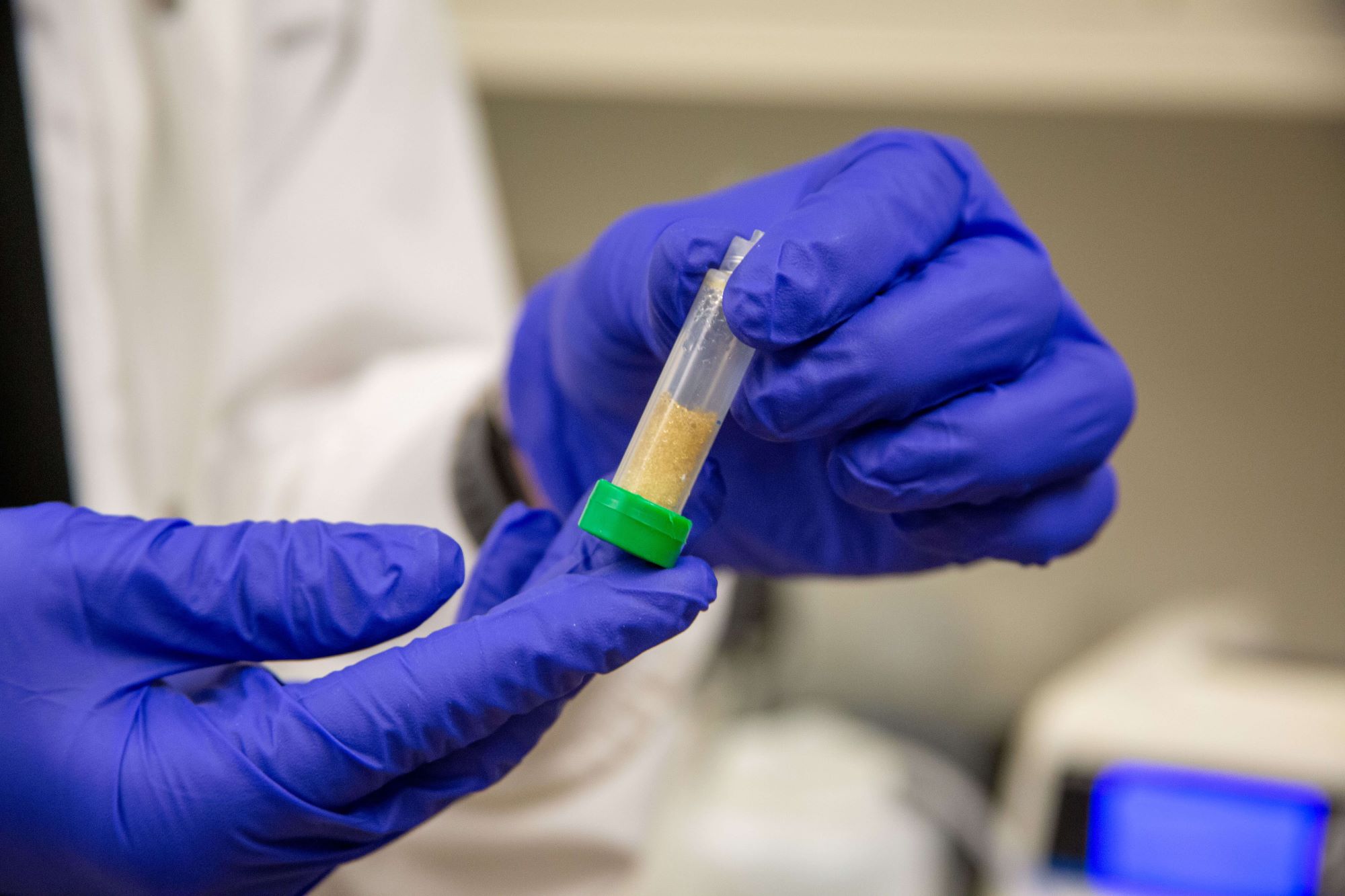 CAES News
CAES News
Census Commendation
The Great Southeast Pollinator Census, which will be held Aug. 18 and 19 this year, received a commendation from Georgia Gov. Brian Kemp in advance of the annual event’s fifth anniversary. The governor honored the contributions of the citizen-science project to the continued health of pollinators in the region.

.png)



.jpg)
.png)
.jpeg)
